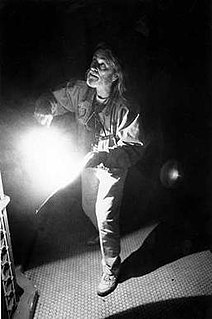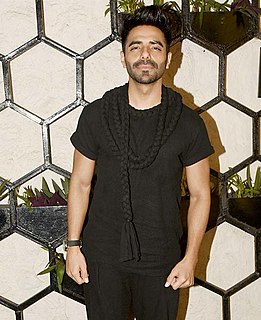A Quote by Conrad Hall
The audience has to understand that if the film is going to have any meaning for them. If they are going to empathize with the characters, they have to visualize the process of concentration involved in making every move.
Related Quotes
If you're going to make a film, and you're going to have dialogue, and you want to take the characters seriously, let's understand what they're saying. If there is going to be technical dialogue, let's render it in a way that the audience can understand it and expect that it's not going to be so far over their heads.
During the entire process of making this film I never thought about whom I was making it for. I always thought that the film was for me, but I didn't think of any of that. I just did what I thought I had to do. I didn't think, "This is what children are going to think" or "This is what adults will understand."
I don't think we've ever known what the hell's going on when we do Tap shows. It's possible the audience are effectively getting to see more of the movie when we play. You know, they know the songs, so anything we do onstage, whether we're meaning to or not, is an extension of the film. Other than that, I wouldn't understand what's going on.
It's very important that a film that intends to play tricks on the audience... has to play fair with the audience. For me, any time you're going to have a reveal in the film, it's essential that it have been shown to the audience as much as possible. What that means is that some people are going to figure it out very early on. Other people not til the end. Everybody watches the film differently.
If you have the personalities down, you understand them and identify with them; you can stick them in any situation and have a pretty good idea of how they're going to respond. Then it's just a matter of sanding and polishing up the jokes. But if you've got more ambiguous characters or stock stereotypes, the plastic comes through and they don't work as well. These two characters clicked for me almost immediately and I feel very comfortable working with them.







































